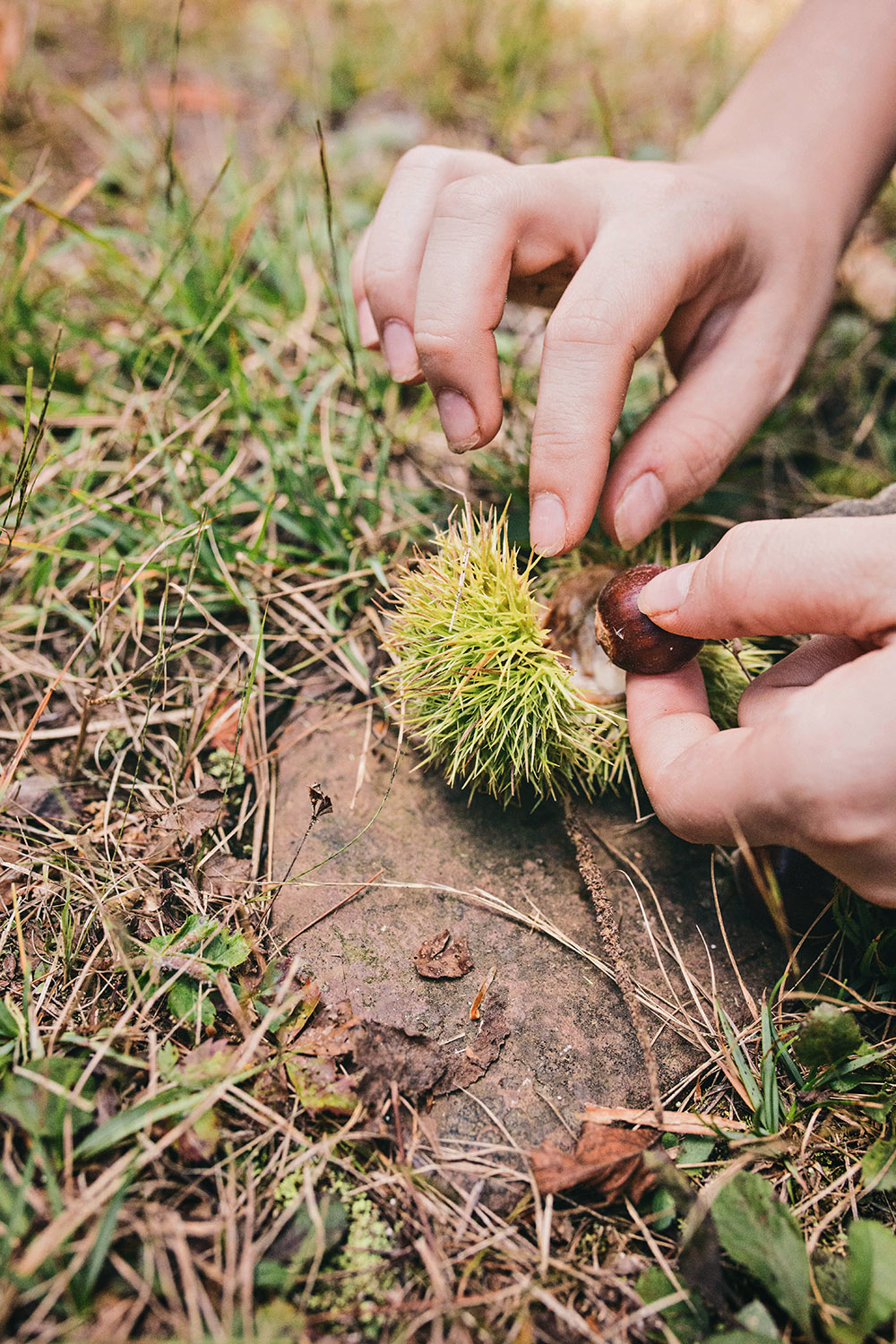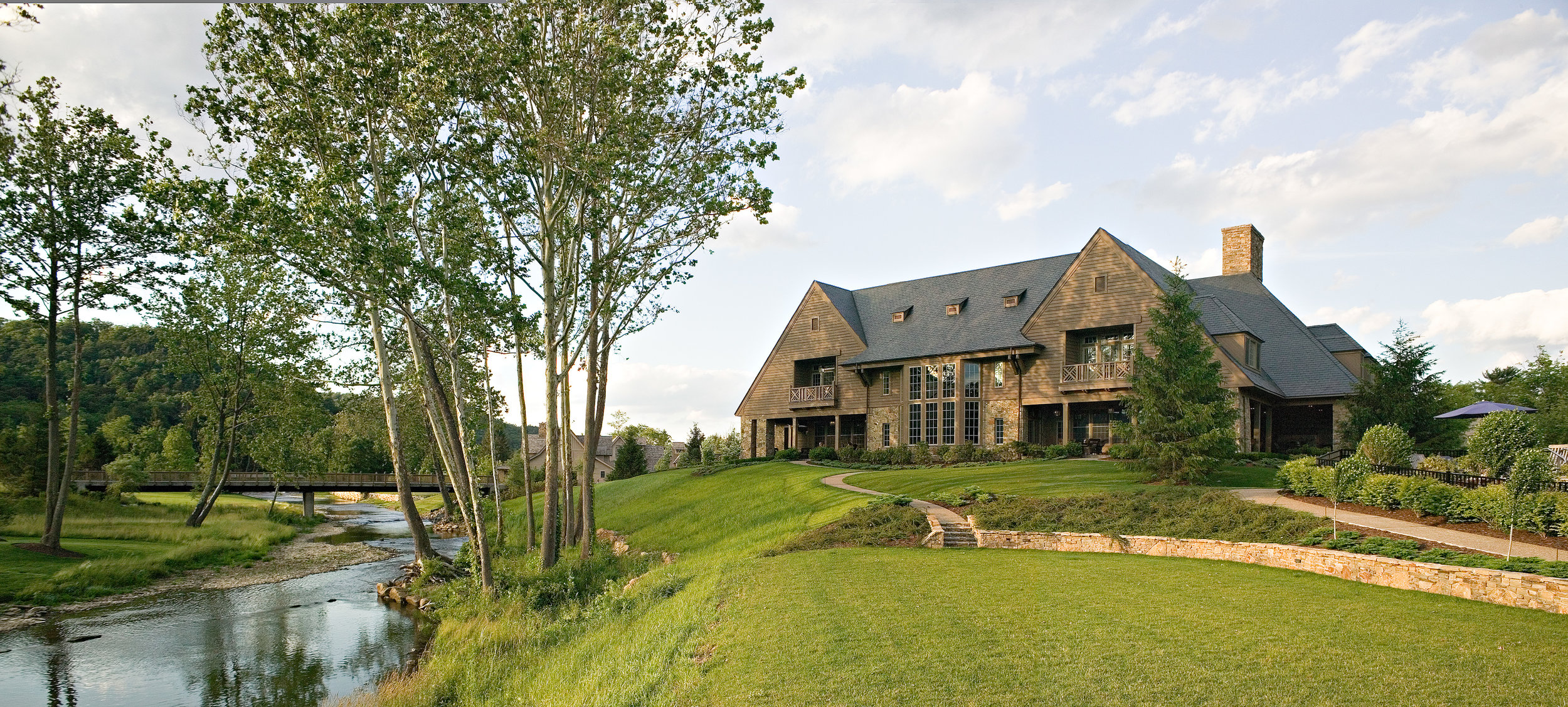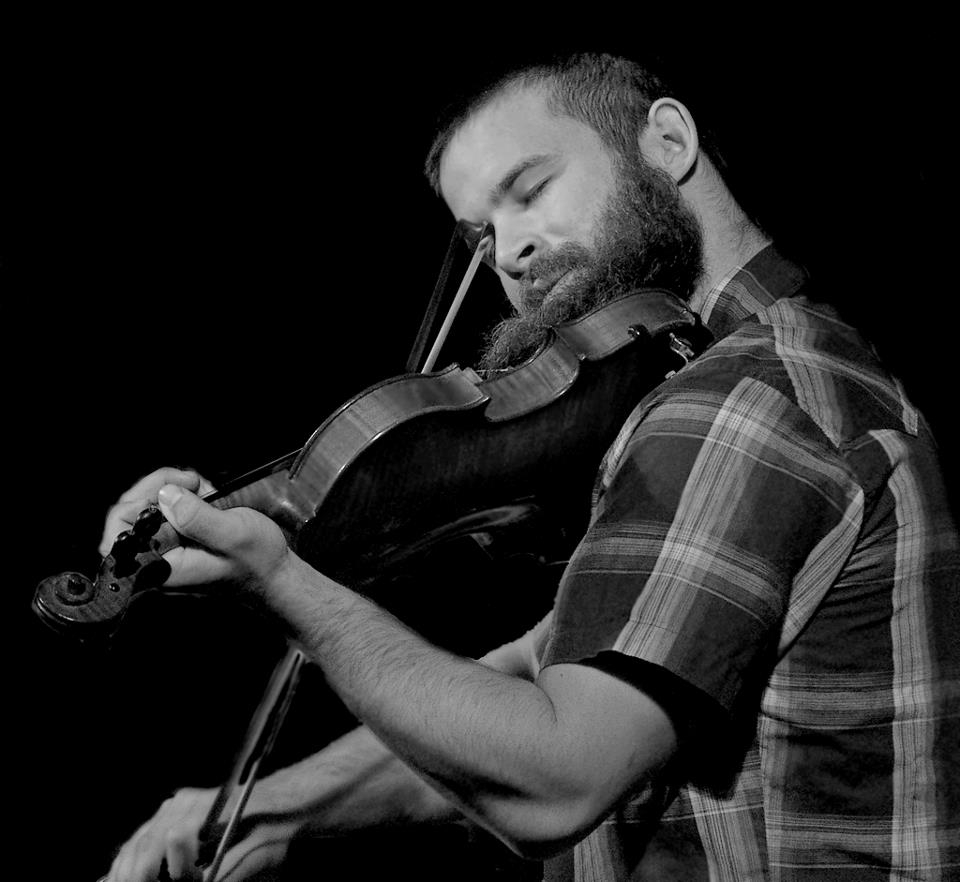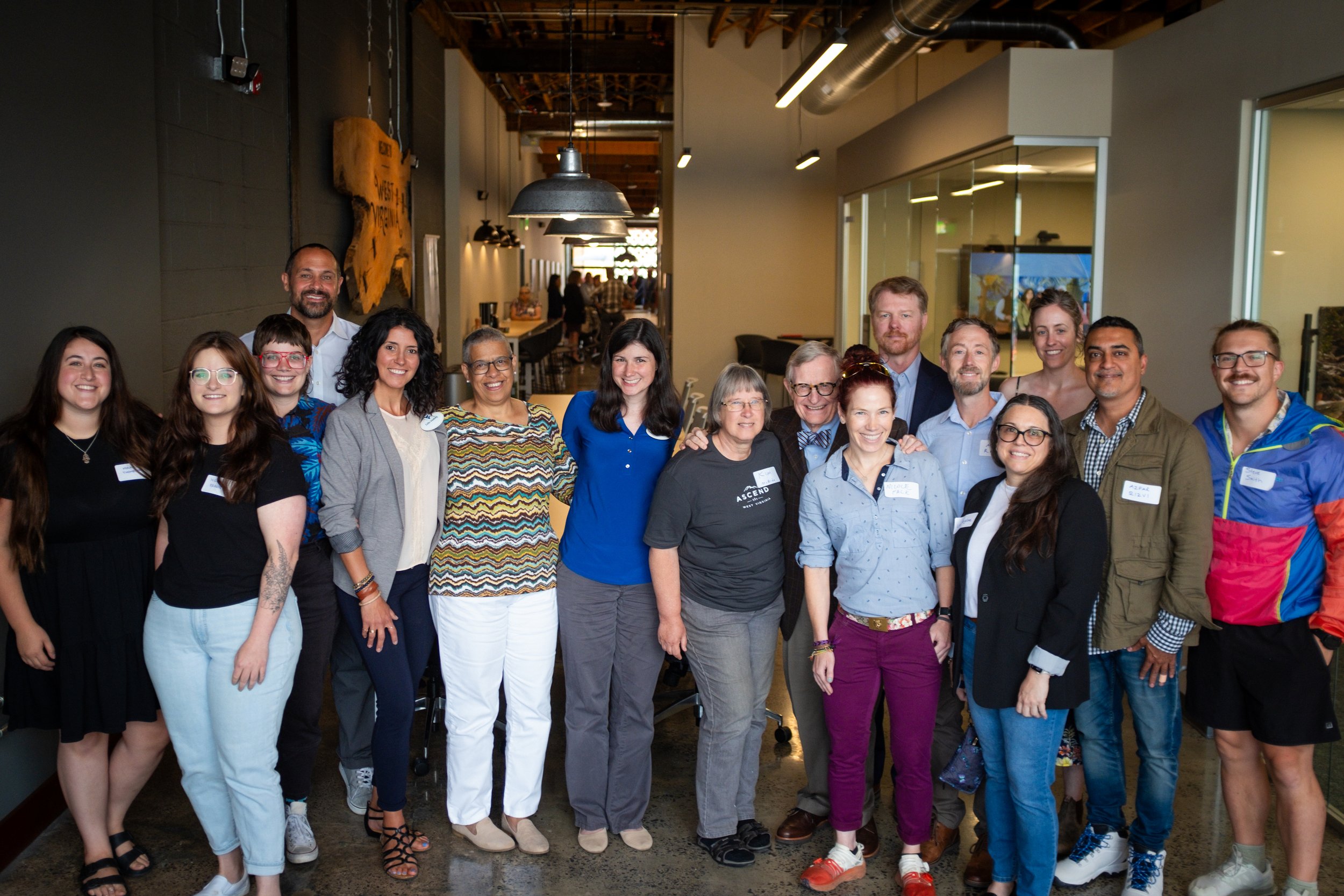Where the Wild Things Teach: Yew Mountain Center

By BARBARA ELLIOTT
Set in a remote 500-acre nature preserve on Lobelia Road in southern Pocahontas County, the Yew Mountain Center is an educational center run by the local community to offer programs that explore Appalachian ecology, culture and arts. That’s a far cry from its earlier incarnations as a private hunting preserve owned by a member of the Stuckey family (think pecan log rolls), a bed and breakfast catering to mountain bikers and Yew Mountain Lodge, a lodging establishment owned by a colorful and generous Englishman named Alan Marr.
For many years, Marr allowed his neighbors to swim in one of the five ponds on the property and to hike its miles of scenic trails. Erica Marks, who lives just up the road, was among those whose families loved the wild beauty of the place.
When Alan Marr died leaving no heirs, the lawyers for his estate placed the property on the market. In the winter of 2016, news of the impending sale rallied the neighbors to see if the lodge and surrounding land could be preserved and used for the benefit of the community. A core group of volunteers began to dream big as they thought of ways the idyllic setting could become a focal point to attract smart, skilled and creative people to the area while stimulating a sustainable local economy.
Board member Bob Must recalls that at first they flirted with the idea that members of the close-knit community could jointly purchase the property. “We went around to the neighbors for donations. I think we got up to around $4,500. We knew it would probably go for around a million.”
Their next idea, equally fanciful, was a variation on the Field of Dreams mantra: If you imagine it, it will happen. Hoping to convince some environmentally conscious entity to purchase the property and preserve it, they began marketing the Yew Mountain Center as if it already existed as an educational center.
“We made up course descriptions as if we were really going to offer them,” Must laughingly recalls. “We came up with a super naïve business plan and budget. We held pot lucks where we explored ideas of what we could do with the place, something along the lines of the John C. Campbell Folk School. We set up a website and sent it far and wide.”
Lo and behold, it worked. In less than a year, the property was purchased by an environmentally-minded company that shared their vision of conservation, education and place-based prosperity. The company, which prefers anonymity, is leasing the property to the organization for a nominal fee. Yew Mountain Center has since incorporated as nonprofit. Its founding board was comprised of Marks and Must, along with Beth Little and Dick Evans. Neighbors Marlyn McClendon and Robin Tywoniw soon joined the board but later resigned to join the staff. Marks became the center’s director, and Must is board president. Now, they are offering those programs that existed only in their imaginations three years ago.
“We started with 10 weekend programs. Our original idea was to drive income with weekend programs. There are six lodging rooms, and we provide meals. We held our grand opening with a wildflower festival three years ago. We held the third annual festival in April of this year. Birding has been big, and forest herbs. Everything we offer is place-based, part of the ecology. We’re not teaching web design,” Marks explains, “We want to highlight what we love about living here. Music is a part of it—all programs include music, and also local food.”
Must notes that they try to provide locally sourced, organic food as much as possible. Staff members McClendon and Tywoniw do much of the cooking, and they have also contracted with outside caterers. As a retired family physician, he is committed to incorporating the concept of wellness into their mission.
A sampling of upcoming programs includes a workshop on Forest Herbs July 12-14; a Mushroom Foray July 27; Midsummer Strings, a camp for string musicians of all ages, August 8-11; a Wild, Wonderful Women in the Woods retreat September 20-22, and Appalachian Broom Making with Brenda Harmon November 8-10.
Marks, who teaches in the Pocahontas County Schools, is promoting the center as a resource for local teachers and has developed imaginative concepts for field trips that tie into the curriculum. For example, fifth graders read My Side of the Mountain by Jean Craighead George, and then did both humanities and STEM activities in the forest at Yew Mountain related to the book’s content. Younger children have followed the trail of the imaginary beast, The Gruffalo, a character in a children’s book of the same name by Julia Donaldson, to learn about predator-prey relationships and animal habitats. The entire Marlinton Middle School visited to do math in the woods. “We get some kids who can really shine in their natural habitat,” Marks says. “They have a different relationship with teachers when they are here.” An AmeriCorps volunteer recently joined the team to expand their outreach to schools in surrounding areas.
On the other end of the education spectrum, Must is building relationships with universities in hopes of eventually developing a field research center on the property. To that end, the staff is planning their first “bio blitz” in June. The idea is to invite researchers and grad students to descend on the place, hopefully bringing students with them, for a sort of scientific open house /festival. They will provide free lodging and only ask attendees to pay for food. Down the road, they plan to host a similar event for visual and performing artists, inviting them to convene and be inspired by the land.
Another initiative of the center is a forest farming project, which involves cultivating non-timber forest products that have medicinal, culinary or decorative uses. This practice can help protect wild populations of sought-after plants, enrich and restore forest ecology, and provide income to owners of woodlands. The goal is to provide support for small-scale, low-capital, ecologically-sound forest farming through study, demonstration and training.
Although the center receives some financial support from grants and private donors, it is generating earned income to support its educational programs and keep them affordable by renting the lodge and campsites on the property for weddings, family reunions and other functions. Available through Airbnb, the lodge features a kitchen, large dining room, great room with fireplace and six guest rooms. Available at no extra charge are that legendary swimming pond and 500 acres of breathtakingly beautiful mature forest interwoven with established hiking trails. While not fancy, it is an ideal refuge for those seeking to escape the noise, traffic and stress of urban life.
The Yew Mountain Center is still a work in progress, but it is astounding to consider what has been accomplished in just a few short years by a community dedicated to preserving the natural beauty of the property and serving a greater good with the power of education and rejuvenation. “We have no shortage of ideas, Marks says. “Time will help us find our model.”
Learn more about the Yew Mountain Center at www.yewmountain.org.













